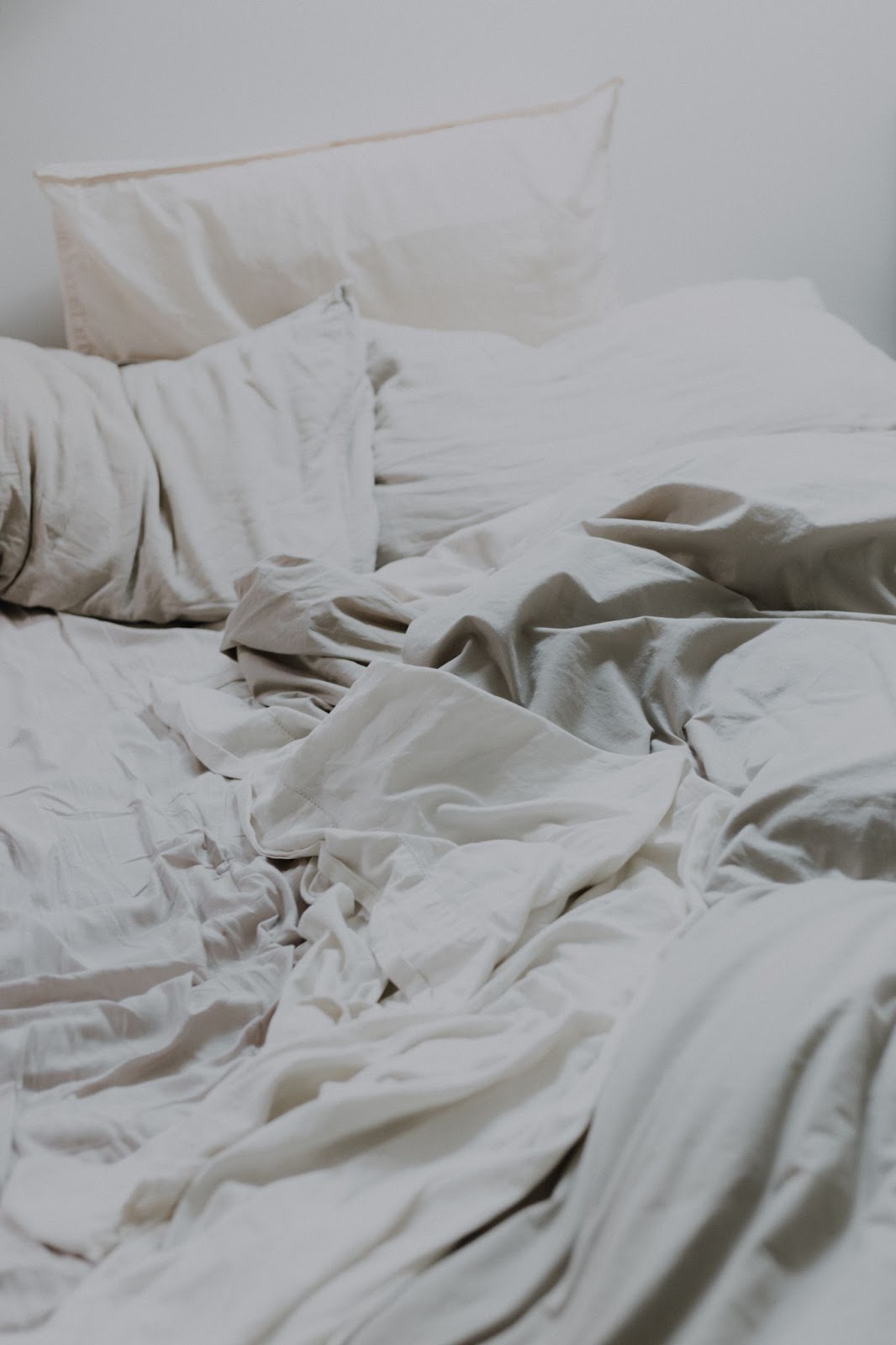
It’s not uncommon for people to have problems falling asleep and staying asleep at night. But that doesn’t mean it won’t begin to take a toll on your overall well-being. According to several studies, it’s recommended that people get upwards of eight hours of sleep every night to ensure they can function properly the next day.
When you don’t get enough sleep, you can experience increased irritability, and if it continues long enough, it will affect your overall health. We have some tips to help you fall asleep and stay asleep at night.
- Get Better Pillows
Yes, you’re reading that right; you need to get better pillows. For example, there are some side sleeper pillows for Canadians that will ensure your head and neck are supported as you rest throughout the night.
Not having a supportive pillow to lay your head on can lead to a host of problems.
Without the right pillow, you can feel as if your head is too high or low, making it hard to fall asleep. You might also find that you wake up daily with a different pain in your neck or shoulders. Dealing with this type of pain is never beneficial and can impact your ability to do other things throughout the day.
If you’re having problems falling asleep and staying asleep, start at the head by changing out the pillows you’ve been using.
- Rethink Your Night Routine
Another reason you might not be able to go to sleep and stay asleep at night is if you have a poor nighttime routine. A nighttime routine helps to signal and prepare your body to get ready to go to bed; think of it as a winding down process for your body.
For example, you might start the routine an hour to two hours ahead of bedtime with a cup of tea to begin calming you. From there, you could shower or bathe and ensure the lighting is lowered before you leave.
For some people listening to relaxing music or lighting incense could be enough to put their bodies and minds at ease before they attempt to lie down. One thing you don’t want to do as you prepare for bed is lie down watching tv or playing on your phone. Bluelight can affect your body’s ability to fall asleep because it keeps you up whether you realize it or not.
- Avoid Caffeine Late In the Day
When you’re at work or running around completing different errands at some point, it’s understandable that you will become tired. When the late afternoon fatigue hits, many of us look for something that can act as a pick-me-up, which leaves many searching for their favorite source of caffeine.
You should refrain from consuming caffeine too late in the day. Mainly because when you’re ready to go to bed, the effects of the caffeine may not have worn off yet, making it harder to wind down and go to bed at the end of the night. When you begin to feel tired in the afternoon, we recommend you reach for a high-protein snack that consists of nuts; in some cases, simply drinking some water can give you a recharge.
- Get Diagnosed
Sometimes you’re not able to sleep at night because you have an undiagnosed sleep disorder. If your sleep issues have been occurring over a prolonged period, you need to speak with a healthcare professional.
They will be able to help you understand why you aren’t sleeping at night. And trust us, when you find out the causes of your lack of sleep, you’re going to begin getting the sleep you deserve and waking up refreshed.
Sleepless Nights: What To Do?
When you spend night after night tossing and turning, finding it hard to sleep, it’s understandable that you need a solution immediately. Whether you need to change your pillows or see a doctor, there’s something for everyone to do that can improve their sleep.
Remember to check out some of our other insightful posts about sleep-related topics.











